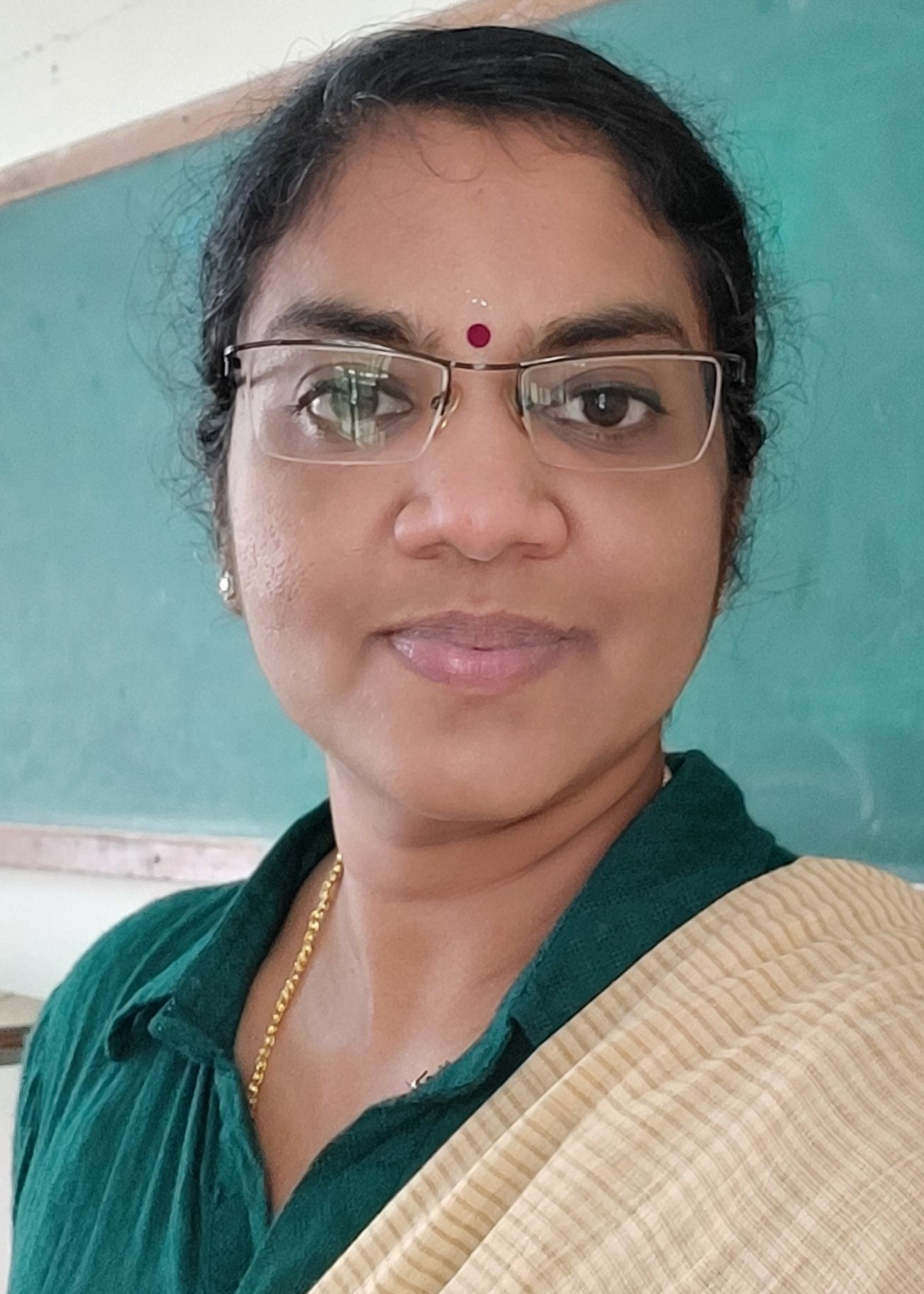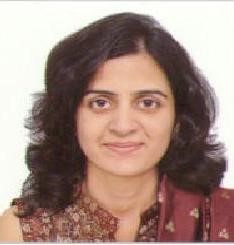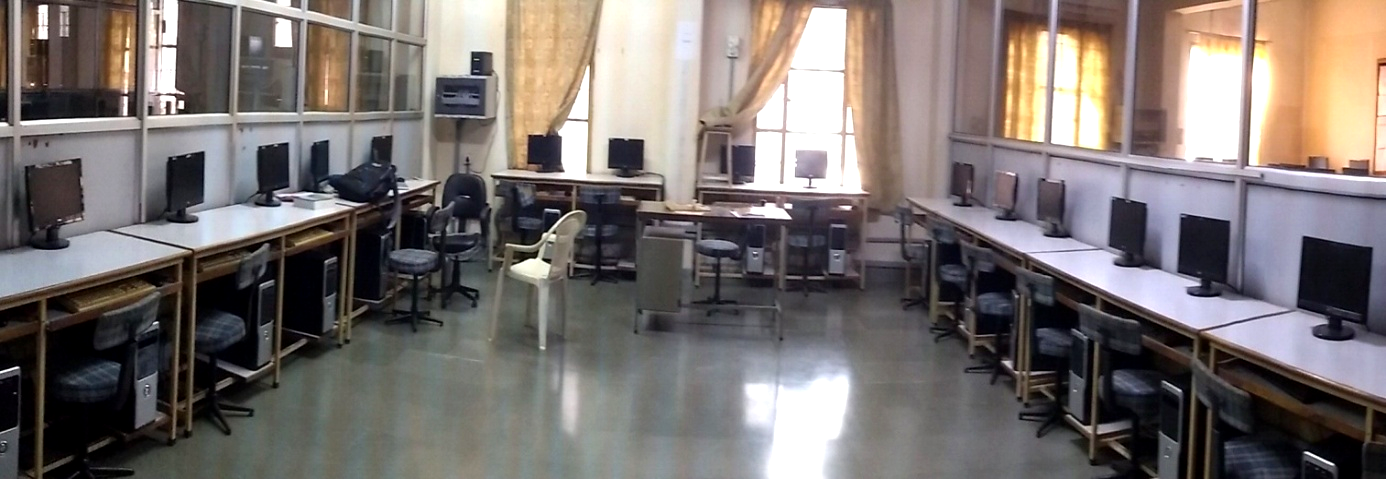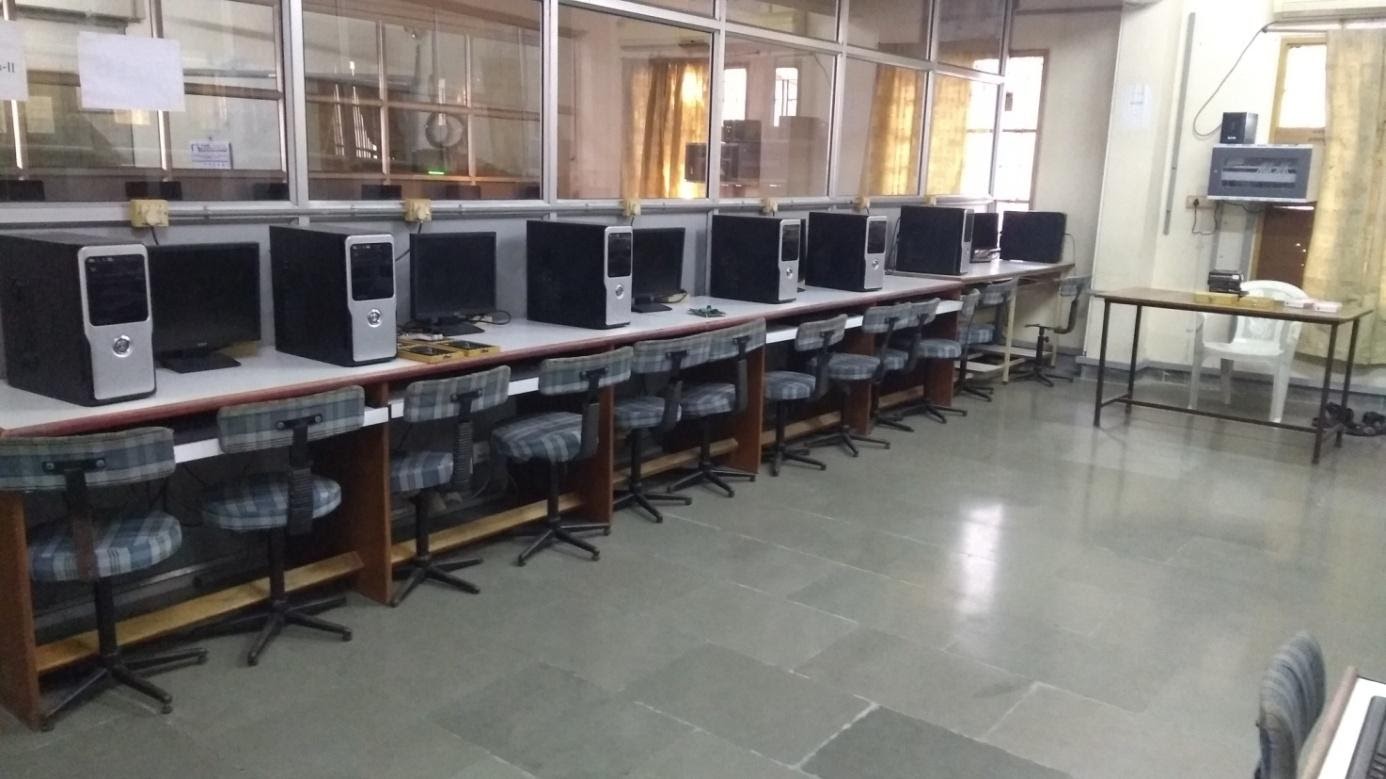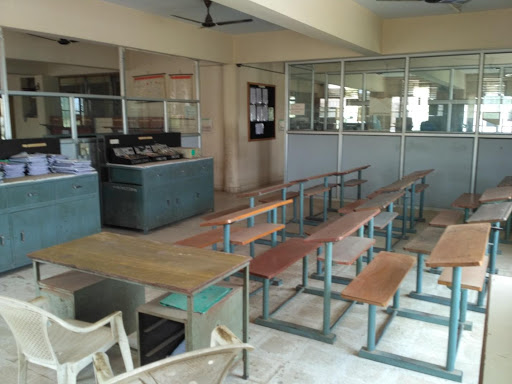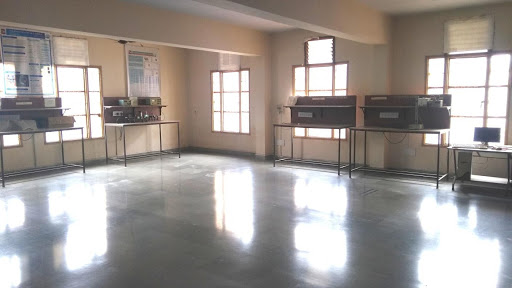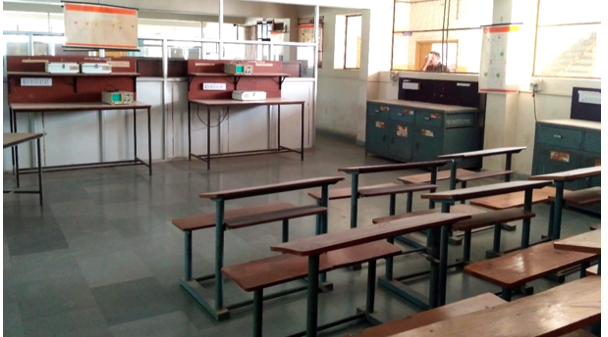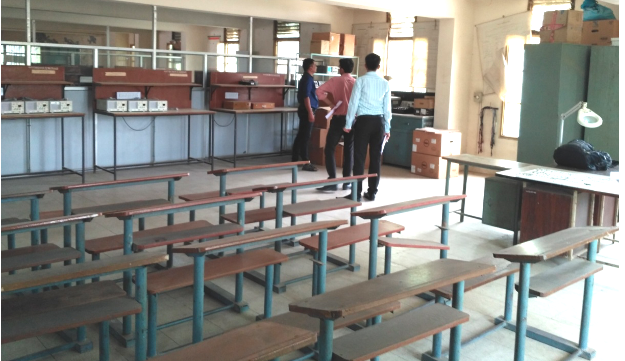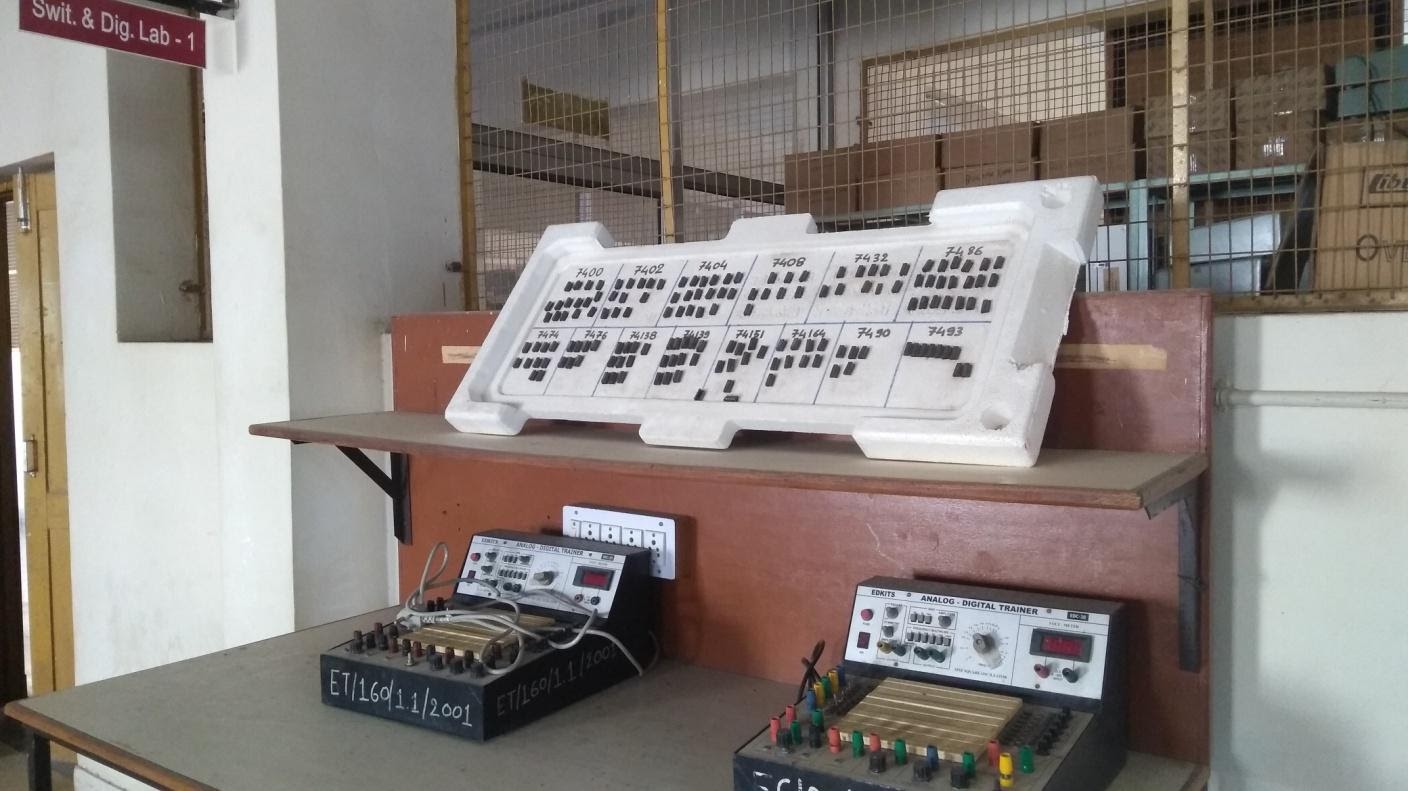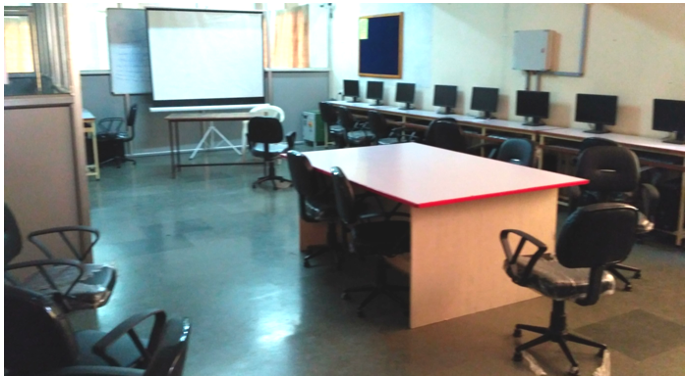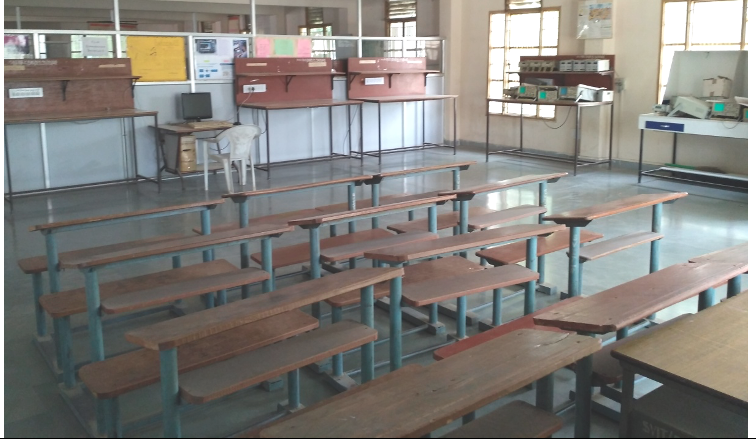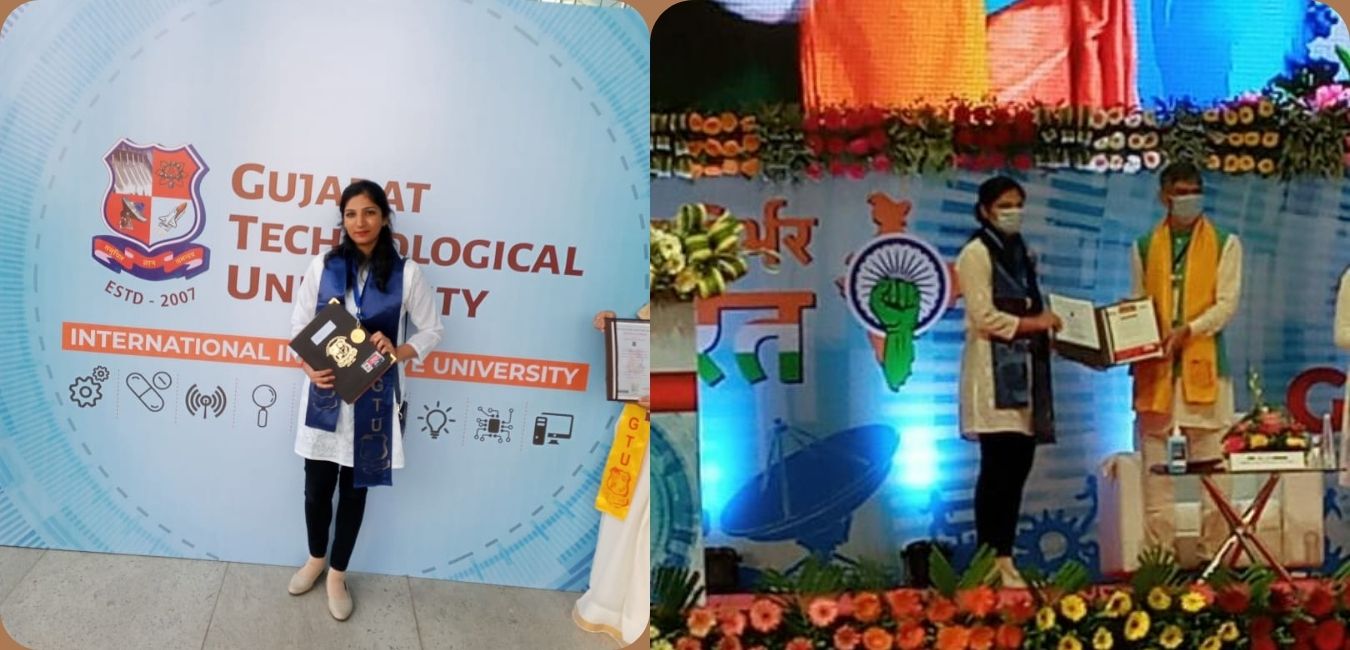

About the Department
Department of Electronics & Communication Engineering established in 1999, offers Bachelor of Engineering in Electronics & Communication.
The Department has spacious and well-equipped state-of-the-art laboratories and classrooms. Teaching – learning process of the department emphasizes on the hands on experience through its laboratories. The department is run by learned and eminent faculty members. Well trained and skilled laboratory technicians with long experience help students in their projects work. Department has expertise in many areas such as VLSI, Embedded Technologies, Wireless & Mobile communications, Power electronics as well as Image & Multimedia processing..
The Department grooms the students for their placements through arranging online aptitude tests, group discussions, debates, mock interview, lectures on personality development, talks by alumni, by officials of Human Resource Departments from different industries and organizations.
The Department is regularly organizing Workshops, Project competitions, Seminars, Industrial visits and Expert lectures for their technical enhancement. The alumni of the department have been very successful entrepreneurs and CEOs in reputed industries and organizations, are an important source of inspiration to our present students.
Vision
Provide quality education to produce globally competing engineers and entrepreneurs with innovations to meet the need of current technological advancement
Mission

To provide excellence in teaching-learning environment.
To produce professionally skilled engineers to fulfill the industry expectations.
To create excellent Researcher to meet the challenges of Electronics field.
PEO
To provide students with the solid foundation in mathematics, science, and electronics & communication engineering to analyze technical data and concepts for application to product design and also to pursue higher education.
To train students with good scientific and broad engineering concepts, including proficiency in software language and latest software tools so as to comprehend, analyze, design and create novel products and solutions for real life problems.
-
To conduct research and innovation in academic profession endeavor in the field of electronics engineering.
To inculcate professional and ethical attitude, effective communication skills, teamwork spirit in students with multidisciplinary approach, and an ability to relate engineering issues in broader social context.
PSO
-
Create strong foundation in the field of Electronics & Communication engineering.
Implement keen working knowledge of professional engineering in aerodynamics of viscid and inviscid fluids, Aircraft structures and materials, turbomachines, jet & rocket propulsion, flight and space dynamics, modeling skills, computational techniques, avionics, navigation systems and instruments and control, aviation meteorology in developing new conceptual airworthy products with more innovative technologies and managerial skills.
-
Able to analyze and design, hardware & software systems using different tools.
Competent to identify, formulate and solve engineering problems as per needs and specifications of electronics industries
PO
Engineering knowledge:
Apply the knowledge of mathematics, science, engineering fundamentals, and an engineering specialization to the solution of complex engineering problems.
Problem analysis:
Identify, formulate, review research literature, and analyze complex engineering problems reaching substantiated conclusions using first principles of mathematics, natural sciences, and engineering sciences.
Design/development of solutions:
Design solutions for complex engineering problems and design system components or processes that meet the specified needs with appropriate consideration for the public health and safety, and the cultural, societal, and environmental considerations.
Conduct investigations of complex problems:
Use research-based knowledge and research methods including design of experiments, analysis and interpretation of data, and synthesis of the information to provide valid conclusions.
Modern tool usage:
Create, select, and apply appropriate techniques, resources, and modern engineering and IT tools including prediction and modeling to complex engineering activities with an understanding of the limitations
The engineer and society:
Apply reasoning informed by the contextual knowledge to assess societal, health, safety, legal and cultural issues and the consequent responsibilities relevant to the professional engineering practice.
Environment and sustainability:
Understand the impact of the professional engineering solutions in societal and environmental contexts, and demonstrate the knowledge of, and need for sustainable development.
Ethics:
Apply ethical principles and commit to professional ethics and responsibilities and norms of the engineering practice.
Individual and team work:
Function effectively as an individual, and as a member or leader in diverse teams, and in multidisciplinary settings.
Communication:
Communicate effectively on complex engineering activities with the engineering community and with society at large, such as, being able to comprehend and write effective reports and design documentation, make effective presentations, and give and receive clear instructions.
Project management and finance:
Demonstrate knowledge and understanding of the engineering and management principles and apply these to one’s own work, as a member and leader in a team, to manage projects and in multidisciplinary environments.
Life-long learning:
Recognize the need for, and have the preparation and ability to engage in independent and life-long learning in the broadest context of technological change.

